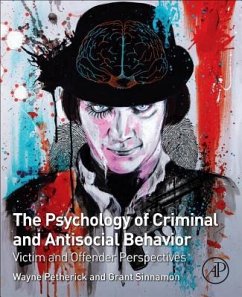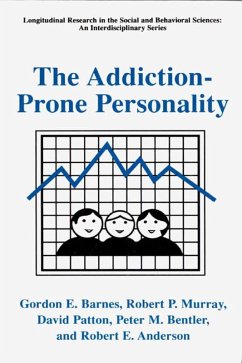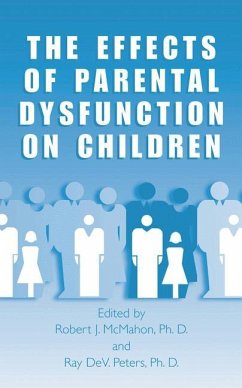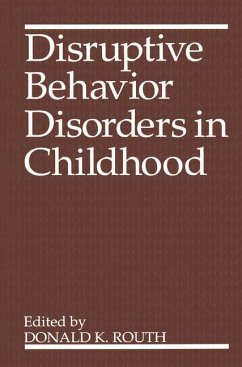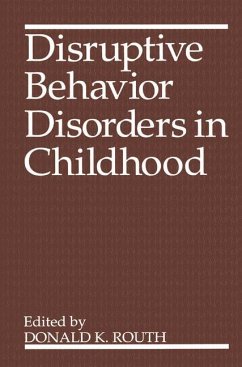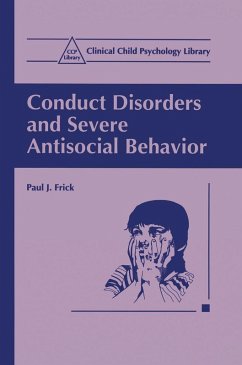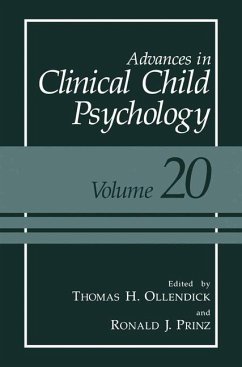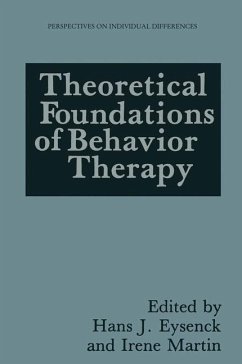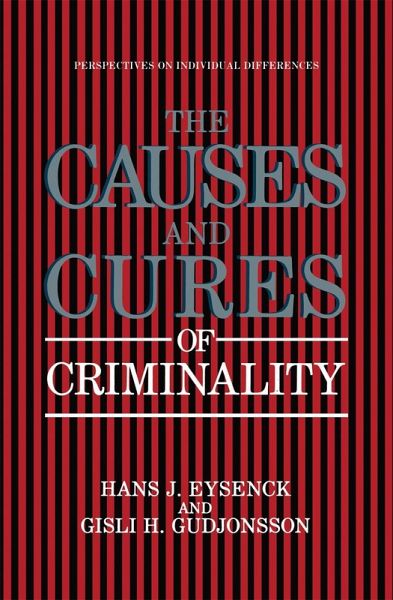
The Causes and Cures of Criminality
Versandkostenfrei!
Versandfertig in 1-2 Wochen
77,99 €
inkl. MwSt.

PAYBACK Punkte
39 °P sammeln!
The title that the authors have chosen for this book, The Causes and Cures of Criminality, suggests that it may be just another book specu lating on the sociological evils that need to be put right for "everything in the garden to be lovely." If this is the expectation, the reader could not be more mistaken. The recurrent theme, in fact, is a strong accent on psychological experiments. Both authors have tackled the theoretical and practical side of crime through an exhaustive literature review of past experi mental work. Hans J. Eysenck has concentrated on the constitutional and biological the...
The title that the authors have chosen for this book, The Causes and Cures of Criminality, suggests that it may be just another book specu lating on the sociological evils that need to be put right for "everything in the garden to be lovely." If this is the expectation, the reader could not be more mistaken. The recurrent theme, in fact, is a strong accent on psychological experiments. Both authors have tackled the theoretical and practical side of crime through an exhaustive literature review of past experi mental work. Hans J. Eysenck has concentrated on the constitutional and biological theory of criminality, whereas Gisli Gudjonsson has con cerned himself more with a review of ongoing research into therapy and possible prevention of antisocial behavior. Part I goes into considerable detail on the causes of criminality, stressing much of the strangely neglected area of individual differences in personality. Research studies point to a very heavy involvement of heredity in the causation of criminality, but the authors are careful to acknowledge that much can be done environmentally to discourage a life of crime once those persons who are at risk have been identified.





